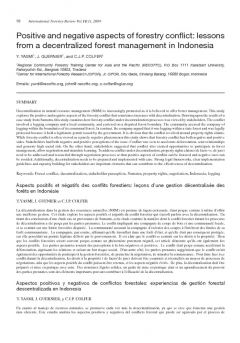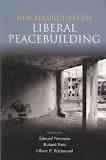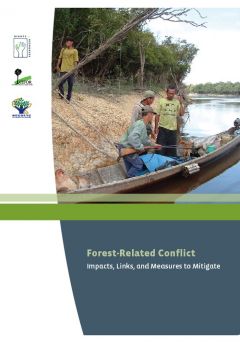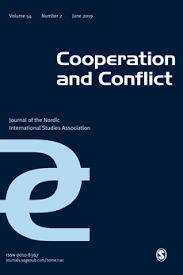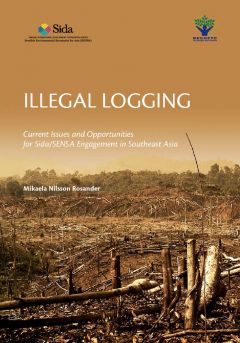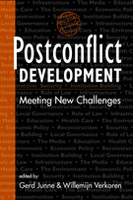KEY LAND TENURE ISSUES AND REFORM PROCESSES FOR SIERRA LEONE
This Scoping Mission Report, aimed at identifying the key land policy and land tenure reform issues and processes facing Sierra Leone, is based on extensive consultations with a wide range of stakeholders and review of available literature, undertaken in July 2009.



